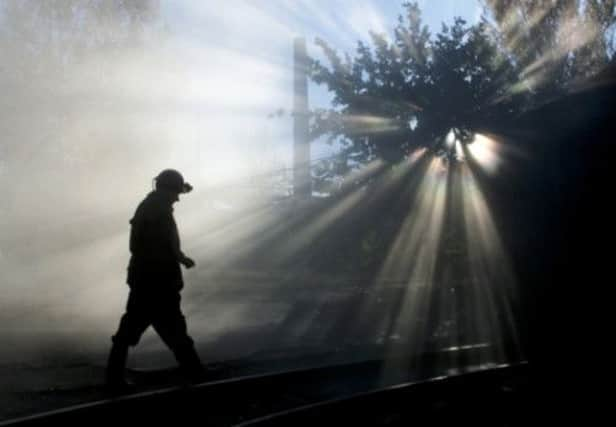Book reviews: Black Sheep | A Sixpenny Song


Black Sheep by Susan Hill
Chatto & Windus, 135pp, £10.99
A Sixpenny Song by Jennifer Johnston
Tinder Press, 194pp, £14.99
Publishers here have rarely been keen on the novella, perhaps because they think that readers regard this form as poor value for money.
It’s neither one thing nor the other, less in length, range and perhaps complexity than a novel, more than a short story. The term, which may sound pretentious to some, evades easy definition. Yet the same may be said of novels and short stories too; some of the latter, after all, eschew narrative and are mood pieces. So what of the novella?
Advertisement
Hide AdIt should be short enough to be read in a sitting, but long enough to admit complexity (if this is what the writer aims at) and to allow the author to handle the passage of time. Death in Venice is an example of the first; both these books under review of the second. For the writer the attraction of the form is obvious; the novella looks to have an agreeable shape, and the author can have the story complete in his head from beginning to end. Anything superfluous to the theme being addressed must be excluded.
Writing a novella is an exercise in self-denial. The author of the novella aims at a limpidity of expression that should make prose seem like the sound of someone talking in rather a low voice. One excellent example of this is Lermontov’s A Hero of Our Time, which is, however, a collection of three novellas, each complete in itself, no matter how agreeably they play off each other.
Self-denial is evident in Susan Hill’s Black Sheep. She is a writer of great versatility. Her Simon Serrailler crime novels (which are more than crime novels) are elaborately plotted, full of incident, rich in detailed characterization. Here, everything is pared to the bone. The first sentence sets the tone: “On Mondays, the village, which was called Mount of Zion, smelled of washing as well as of coal dust.” Place and time are immediately established as we are invited into a narrow world in which there are no modern conveniences and life is hard. “Once, when Ted Howker was four, he asked why, if Upper Terrace was called Paradise, the pit was not called Hell. Evie had boxed his ears and told him she would wash out his mouth with soapsuds if he ever said such a thing again …” Perfect. Yet the child, who is one who stands a little apart from common experience until he is trapped by it, was surely right to put the question. Ted will try to escape the pit which he recognized as Hell; it will draw him back.
This is a story of people living hard lives, narrow lives which nevertheless have their own dignity. It is beautifully, even lovingly , told, with not a superfluous word, and it ends in tragedy. You can read it in a couple of hours, but what you read is likely to stay longer with you than many books which seem more obviously ambitious. Characters are sketched in a couple of sentences, and fixed in your imagination. Manner is perfectly matched with matter; it’s impossible to suppose that the story could be better told.
One may think A Sixpenny Song at 194 pages on the long side for a novella. Yet it too has a simple theme, the exploration of a moment in the past which has coloured the lives of the three people it most concerns.
Annie, who left Dublin ten years ago because her father wanted her to start work in his office rather than going to university (“I only want what is best for you”) and who has been working in a bookshop in London, returns home when he dies. He has left her his house – a very valuable one – but everything else to his second wife, Miriam, who has no intention of staying in Ireland but will be off to her apartment in Monte Carlo.
Advertisement
Hide AdAnnie wanders through the deserted house which she intends to sell. It is full of memories of her mother who died when she was a young girl. She meets Kevin, an odd job man who tends the garden. They talk about her mother. Her curiosity is avid, but she learns more than she wants to know, and much that she didn’t want to know. She reads her father’s diaries, and her amn is sharpened. In the end she can’t do what she intended to do. The weight of the past is too oppressive.
Like Susan Hill , Jennifer Johnston is a writer who knows that the success of a novella requires that the writer should pare everything superfluous away.“I wanted to come back here and find happiness,” Annie says. “You don’t find happiness,” Kevin tells her, “you make it.”
Advertisement
Hide AdBoth writers know that the success of a novella requires the author to focus on the significant moments of a life, those moments that reveal the nature of reality and experience. Both tell stories in which there is more pain and sadness than joy, stories which are permeated by a recognition of the finality of death, the “hopelessness” – a word Hill uses – of so much that we experience.
In both books high expectations are defeated. Yet both are so well-written, so deeply imagined, that the reader will find delight even in the encircling gloom. Love may not conquer all, but Art can.